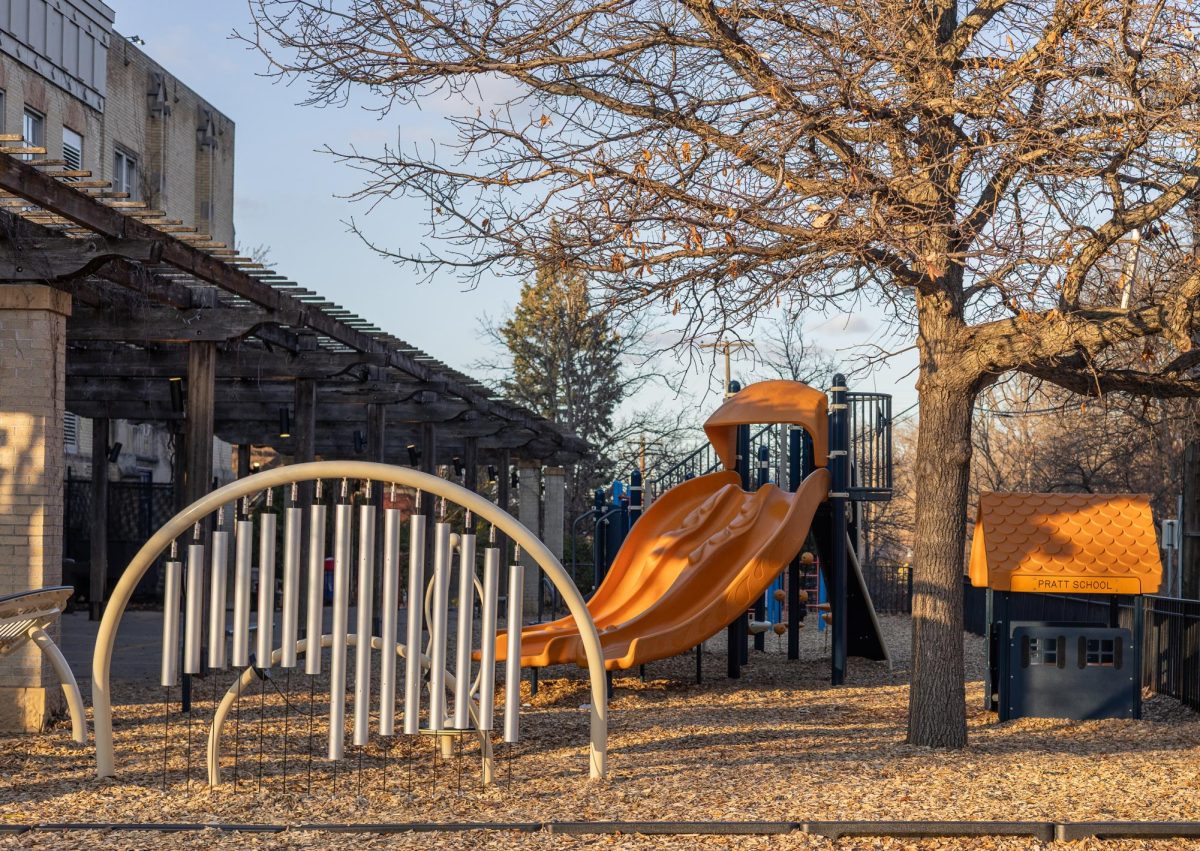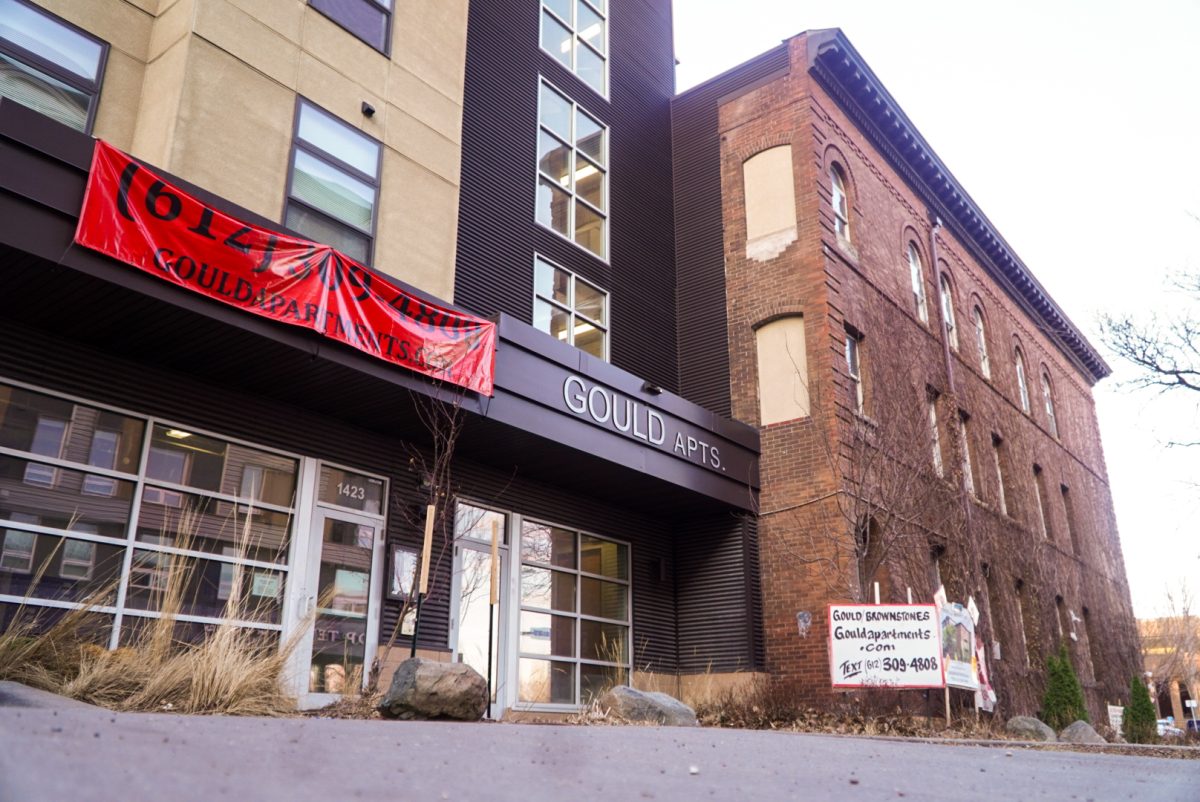The University of Minnesota Foundation set up an emergency fund last month to support students grappling with new financial circumstances in the COVID-19 pandemic.
Many University students have lost wages and are struggling to pay for food, rent and other bills after workplace closures. In response, President Joan Gabel called for donors to provide aid to students in financial distress.
The new fund is a systemwide initiative and is available to students who are undergraduate, graduate or professional. It adds on to any pre-existing emergency funds on each campus.
On the Twin Cities campus, the funds come in addition to more than $200,000 leveraged from University colleges and other offices, said Bob McMaster, the vice provost and dean of undergraduate education.
“There was a realization that students might have even greater needs, and that’s certainly the case,” McMaster said.
Last year, there were around 40 requests for emergency funds on the Twin Cities campus. But in just the past two weeks, there have been 350, according to Beth Lingren Clark, the associate vice provost for strategic enrollment initiatives.
Though the emergency funds were formally established a few years ago, they have never received this kind of traffic, McMaster said.
Students can request the COVID-19 relief fund through One Stop or their academic adviser. The students then fill out an intake form providing information about their financial situation. The process is expedited and takes 3-4 business days for the funds to reach students.
Awards have ranged between $200 and $800, with many requests coming from students undergoing food and housing insecurities, but there are lots of different needs, Clark said.
“We also have students who have internet insecurity or no internet at all,” she said. “I know there have been a few examples where we spent around $200 to help a student install internet and pay for two months of internet service.”
Students have also been coming in with technology requests. In those cases, they are connected with their colleges for laptop loans and other resources.
“We haven’t had this kind of demand and really as soon as we knew that this was happening, we started to take a look at what we could internally reallocate to meet the demand,” said Jennifer Reckner, chief of staff in the University of Minnesota’s Office of Undergraduate Education.
The University Foundation also established a fund to support front-line health care workers to ensure they have supplies and equipment for patient care.
With emergency requests at an all-time high, balancing high demand with limited funds will be challenging, McMaster said.
“If the demand, and this might be the case, just far outstrips the allocations we can put together, then we’re going to have to deny students or get very creative about finding other sources,” he said.
But the funds are there to be used, Clark said.
“Our goal is to use the funds to as much of that as we can, and to drain those accounts down so that we can help students.”








